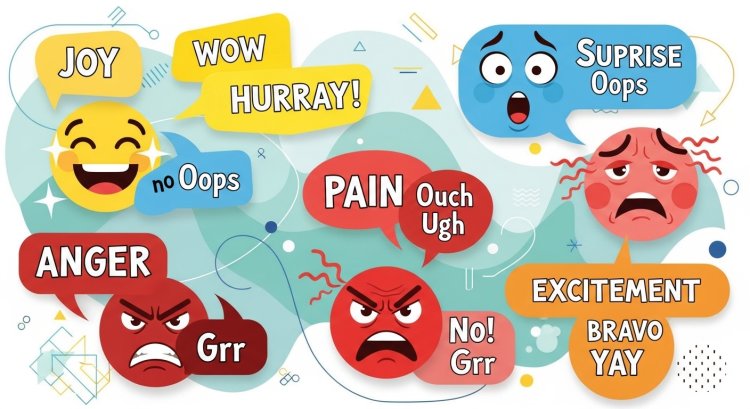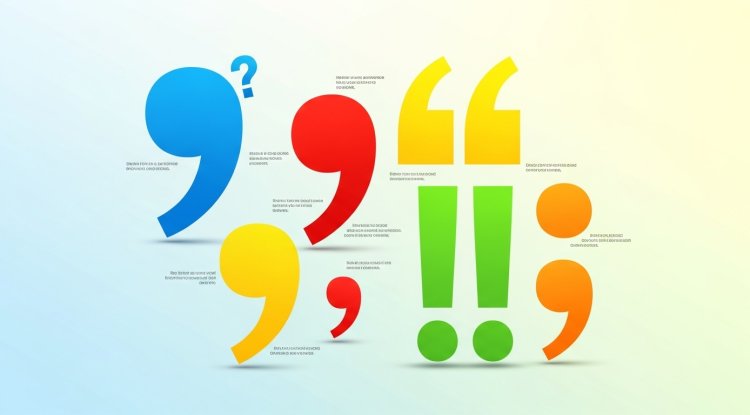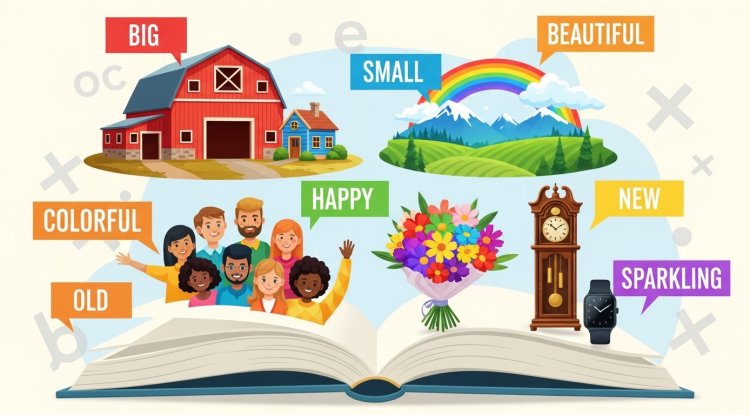Understanding Interjections: The Words of Emotion and Expression
Discover the power of interjections in English grammar. Learn their types, uses, and importance in communication, with examples that bring emotions to life.

Language is more than just rules and grammar; it is also about expression. Among the different parts of speech, interjections stand out as the most emotional and spontaneous. They are short, powerful words or phrases that allow us to express feelings instantly, without needing to form a full sentence.
What is an Interjection?
An interjection is a word or phrase that expresses sudden emotion or reaction. These emotions may include joy, surprise, anger, sadness, pain, excitement, or hesitation. Unlike nouns, verbs, or adjectives, interjections do not add meaning to a sentence’s structure. Instead, they add emotional flavor.
For example:
-
Wow! That’s amazing.
-
Ouch! That hurt.
-
Oh no! We missed the bus.
Here, the words wow, ouch, and oh no do not contribute to the grammatical structure but strongly convey feelings.
Characteristics of Interjections
-
Stand Alone: An interjection can often stand by itself and still make sense. For instance, when someone says Great! it already communicates excitement.
-
Followed by Exclamation Mark or Comma: Usually, interjections are followed by an exclamation mark to show strong emotion or a comma for mild feeling.
-
Strong emotion: Hurray! We won.
-
Mild emotion: Well, I’m not sure about that.
-
-
Spontaneous in Nature: They often come out naturally in conversation, without planning.
-
No Grammatical Function: They are not grammatically related to other words in a sentence.
Types of Interjections
Interjections can be classified based on the emotions they express:
-
Interjections of Joy – Express happiness or delight.
-
Examples: Hurray! Yay! Wow!
-
-
Interjections of Surprise – Show shock, wonder, or astonishment.
-
Examples: Oh! What! Ah!
-
-
Interjections of Pain – Indicate hurt or suffering.
-
Examples: Ouch! Alas! Oh no!
-
-
Interjections of Greeting – Used when meeting or addressing someone.
-
Examples: Hello! Hi! Hey!
-
-
Interjections of Approval or Agreement – Express acceptance or encouragement.
-
Examples: Bravo! Well done! Good!
-
-
Interjections of Disapproval or Anger – Show dislike or annoyance.
-
Examples: Ugh! Damn! Hey!
-
-
Interjections of Hesitation or Doubt – Indicate uncertainty.
-
Examples: Um! Er! Well!
-
Importance of Interjections in Communication
While interjections may seem small, they play a huge role in making language lively and natural. Without them, conversations would sound dull and mechanical. They:
-
Add emotional depth to speech.
-
Help in quick expression of feelings.
-
Make dialogues and writing more realistic and engaging.
For instance, in storytelling, interjections give characters more personality and make dialogues relatable.
Conclusion
Interjections are simple but powerful. They bridge the gap between emotions and words, allowing us to express what we feel instantly. Whether you’re surprised, happy, hurt, or uncertain, there’s always an interjection ready to bring your emotions to life.
So next time you say Wow! or Ouch!, remember you’re using one of the most expressive parts of speech in English.
Download QuizNova App to Take a Test on Interjections
Learning about interjections is just the first step. Test your knowledge with fun and interactive quizzes on the QuizNova app.
Download QuizNova App
What's Your Reaction?


















